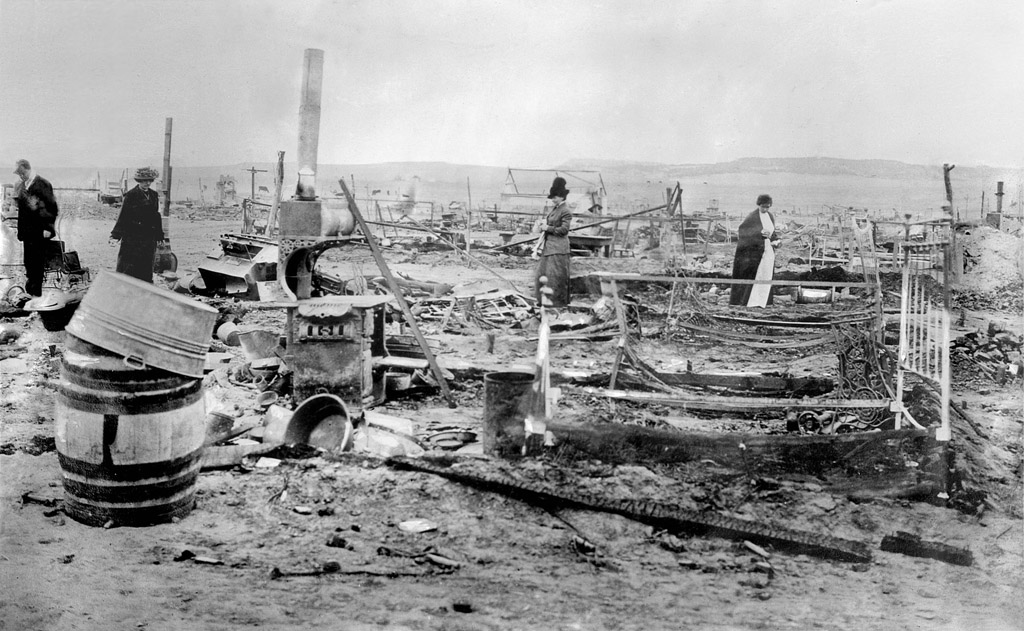It may be a surprise to some people that John D. Rockefeller Jr. was a champion of what we now know as the broad field of human resources. They may not know about his views regarding positive management and employee relations. They may think of him only as a capitalist or a man born into wealth. But Rockefeller was so much more than a petroleum industry heir or even an engaged philanthropist who made grants to education, health, and many important fields of human endeavor.
In fact, his most interesting area of influence, at least to me, developed as a result of one of the most unfortunate events in American labor history, a tragedy considered by many to be the beginning of modern human resources management, laying the foundation for improved work relations between managers and their employees for generations to come.
In 1913, miners at the Colorado Fuel & Iron Company, which had a major mine facility in Ludlow, Colorado, went on strike. Evicted from their company housing, some 1,200 mining families moved to union-provided housing—tents on platforms with storage underneath where residents would take cover when company guards would come through, randomly shooting at the makeshift residences. This tent colony became the site of a mass murder on April 20, 1914, when company security joined forces with the Colorado National Guard in a major attack on the tent colony, killing 21 men, women, and children.
It was this strike and the deaths of women and children that sparked the young Rockefeller to take a more positive and active role in setting the right management tone for improving the relationship between managers and workers, and for understanding their need to work in concert in the workplace. He became aware that in the weeks leading up to the strike, local management had poor communication with workers and almost no communication with their superiors in New York, and in particular, with the Rockefellers, who had a major investment in the company.
It is difficult to imagine this young member of the Rockefeller family leaving his office in New York City and traveling three-quarters of the way across the United States to Ludlow, Colorado, to interview workers and managers to come to understand what, to him, must have been bizarre and un-business-like behavior that led to this tragedy. The event at Ludlow had repercussions throughout the country and, as a result, Rockefeller was involved in many public meetings on the subject. He used these occasions to urge government, businesspeople, and the public generally to consider his growing sense that change was needed in situations where local management might not understand their labor relations responsibilities.
While there can be little debate that Rockefeller drew on many advisors, it was clear that he understood not only the issues and problems at Ludlow, but also the fact that communications had been broken between local managers and their superiors in New York, as well as between local managers and the workers in Ludlow. In pursuit of a solution, he turned to William Mackenzie King, the former Canadian minister of labor (who would later become prime minister). King’s book Industry and Humanity championed workers’ rights to be represented by other employees. Could this relatively radical approach make a difference in places like Ludlow? Rockefeller saw the possibility of changing the nature of the work relationship at Ludlow and, ultimately, other workplaces, whether Rockefeller companies or elsewhere.
Many people believe Rockefeller’s personal endorsement of “representation,” his commitment to sound and effective management and communications at the local level, and his own interest in better work relations overall gave birth to the labor relations and employee relations movements. This is certainly my view, especially considering his many actions in the field over the years. Rockefeller’s ideas and beliefs regarding many issues fundamental to positive employee relations formed the basis for the philosophy, plans, and programs pursued by IRC in its work over the years.
(Image courtesy of the Library of Congress)

